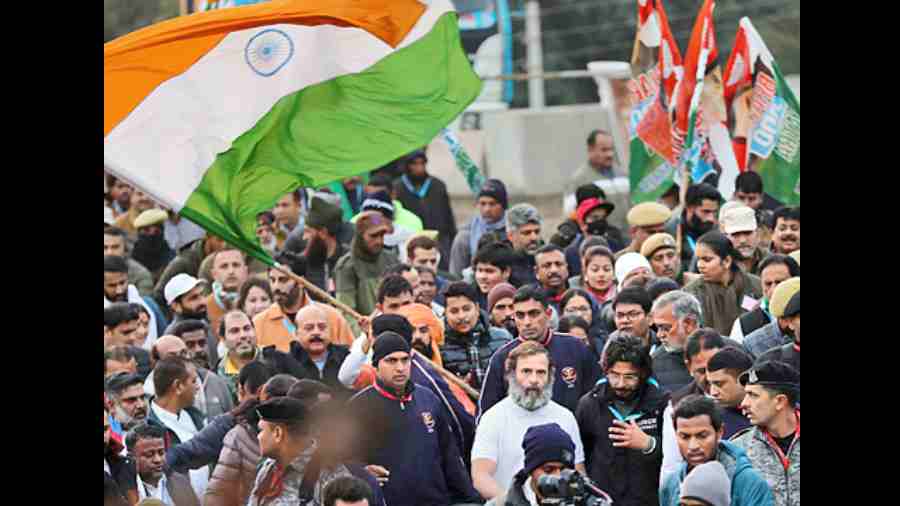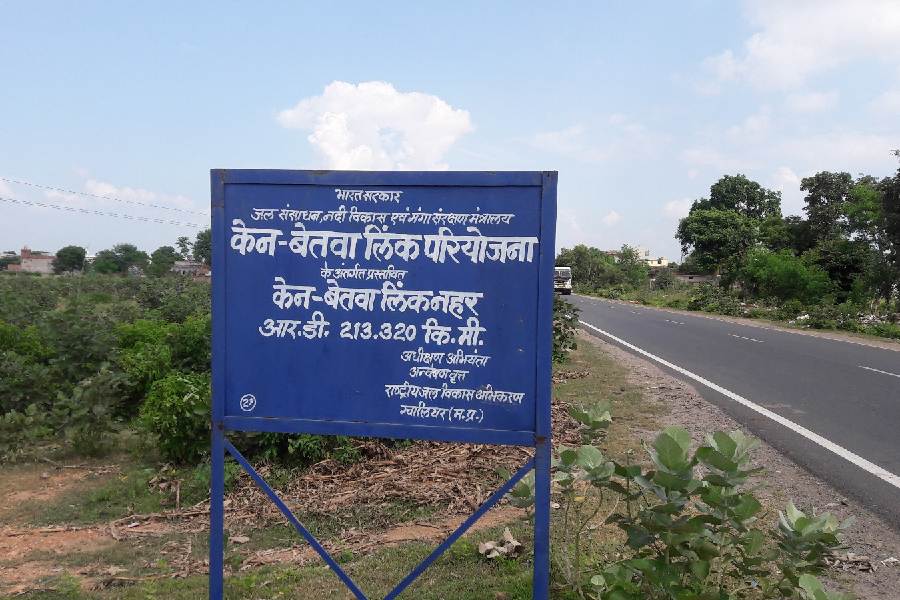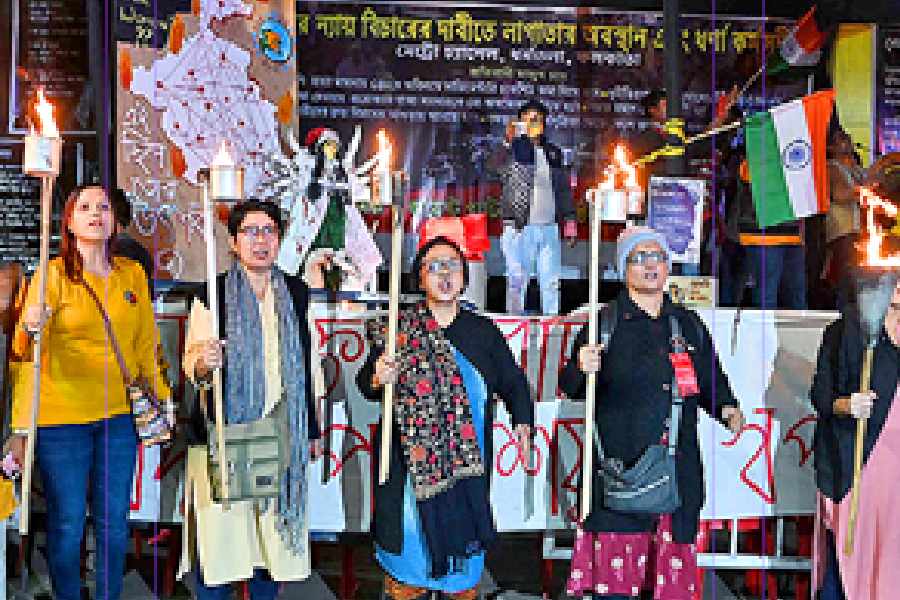The vision of realpolitik unveiled by the Italian philosopher, Niccolo Machiavelli, in The Prince endures. In the Machiavellian vision, politics as a vocation is driven by the pragmatics of capturing and maintaining power. Though dominant, the Machiavellian view is not the only vision of politics available to us. The Aristotelian view grounds politics in civic virtues; in modern India, M.K. Gandhi brought to the centre stage the Aristotelian emphasis on defining the purpose of politics to “form good citizens and to cultivate good character”.
But this vision of politics seems to have been lost in contemporary India. The electoralisation of politics has meant that a nation which came into being on the basis of its vigorous and vibrant peoples’ movements has nearly pushed these non-State imaginaries of politics to the margins of public memory. Our assessment of social movements is usually decoupled from the larger questions of moral courage, political subjectivity and the forging of solidarities. The media discourse on the Bharat Jodo Yatra has been no different.
How should one view the Yatra that ended recently? Was it one last attempt to save the sinking Congress? Was it a bid to transform the image of Rahul Gandhi?
Analysing it in terms of its potential electoral consequences would not be a good starting point. Instead, the enormity of its political messaging is something that needs to be taken into consideration. At a time when acknowledging the legitimate anxieties of minorities is politically suicidal, the BJY dared to articulate and aggregate the rightful demands of minorities. It reiterated that more than electoral battles, what is at the stake is the kind of society that we wish to live in. Since real politics has its own logic and compulsions, a transformational task is often left to be accomplished by the fugitive, democratic ‘moments of commonalities’ produced in social movements. The fact that such a task was undertaken by a political party is worth taking note of.
The Republican ideal of popular participation is a prerequisite for a vibrant democracy. While majoritarian politics tweaks this aspect to further regressive agendas, the BJY attempted to re-situate the norms of civility, fraternity and moral courage at the centre of people’s participation. If anything, the Yatra has given the Congress and Rahul Gandhi an opportunity to appreciate India’s diversities and be sensitive towards them. A first step towards this appreciation of diversity would be to redress the fears that the majoritarian logic of democracy brings to diverse societies. More often than not, the tropes of violence, cruelty and the fear thereof become too commonplace to take note of. The BJY was a healing exercise against the legitimisation of cruelties.
Contrary to majoritarian politics’ incessant harking back to a fabricated sense of past injustices, the Yatra grounded forgiveness as an anchoring principle for an alternative vision of politics. For a person who has lost his family members to gruesome violence, the mobilisation of anger, hatred and reprisal for the enemy is obvious. What is needed is to emphatically restate the idea that violence can only lead to a barbaric recycle of violence. The Yatra sought to bring modesty and morality at the heart of politics.
We live in times when the seduction of moral cowardice is celebrated, wherein it is easy to retreat into anti-political disdain. The BJY must be appreciated for its insistence on reaffirming a politics envisioned on courage and civility. As the philosopher, Judith N. Shklar, reminds us, this is the kind of wisdom that has been neglected and is needed for defending liberal governance against the prevailing populist authoritarianism.
Supriy Ranjan and Pankaj Kumar are PhD candidates at the Centre for Political Studies, Jawaharlal Nehru University











